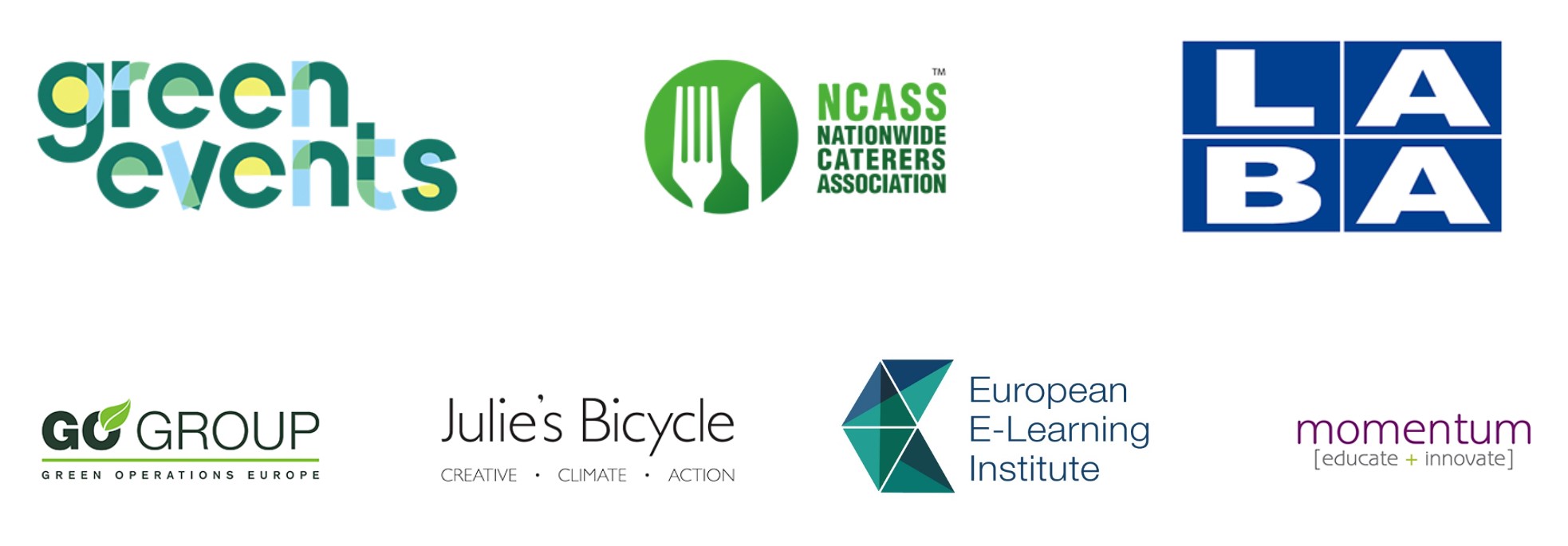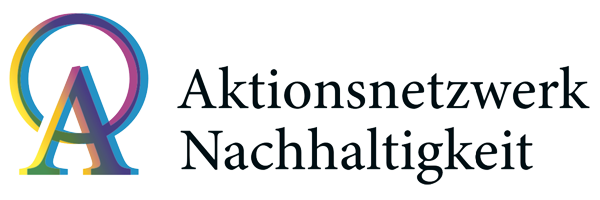A collection of inspiring examples from across Europe EN
Future Festival Tools is an associate partner of the Green Music Initiative.
This guide identifies, categorises and shares outstanding and transferrable practices carried out by festivals and other outdoor events from all across Europe. This Future Festival Tool lists measures and tells of challenges and solutions.
Over 20 examples were studied and are featured in this guide. To give this broad spectrum of case studies some structure, all findings were divided into six focus areas: travel and transport, energy, materials and waste, food and drink, water and strategy. So all festivals are not only analyzed on the aspects that cause the most emissions and are harmful to the environment but also on their transformational process and continual effort, which is portrayed through their sustainability strategy.
For example, ØYAFESTIVALEN festival is labelled as one of the most sustainable festivals in the world, as its past efforts and success in operating fossil fuel free are praised. Other festivals, such as Shambala, are sharing their challenges in also trying to be fossil fuel free and the compromises and temporary solutions they found.
Another point of focus is waste production during festivals. The best solutions here are reusable products and effective recycling. Festivals such as the dutch DGTL and Body & Soul, share their innovative recycling strategies and their goal to implement a circular society within their festival grounds.
Way Out West festival has become 100% vegetarian to reduce its CO2 footprint caused by food production. Another approach is using local ingredients and guaranteeing an organic supply chain, like the Tollwood festival.
The common and successful approach to reducing water waste is showcased by Paradise City and Boom Festival, which both treat their water on-site.
Transportation is becoming a big topic for many festivals and shuttle services are common. But some festivals go further like SNNTG, which offers their guests free bike rental to commute to the closest train stations and implements a no-fly policy. Subsidizing train tickets or including them in the festival ticket is another approach, taken for example by Openair St. Gallen.
Many other festivals and their varying sustainability strategies and measures are detailed in this guide, which is downloadable for free on the Future Festival Tools website.
Partners




